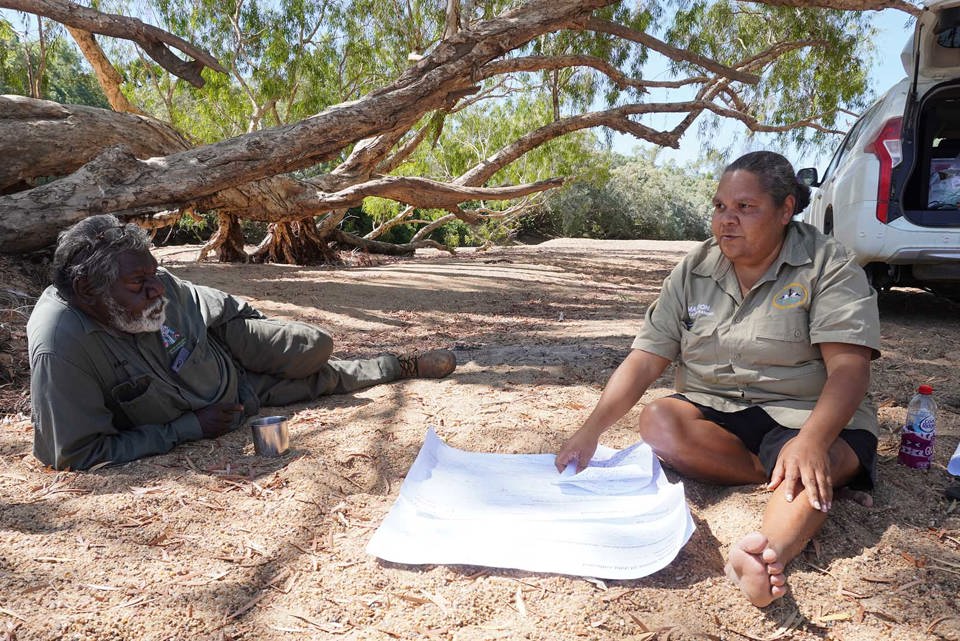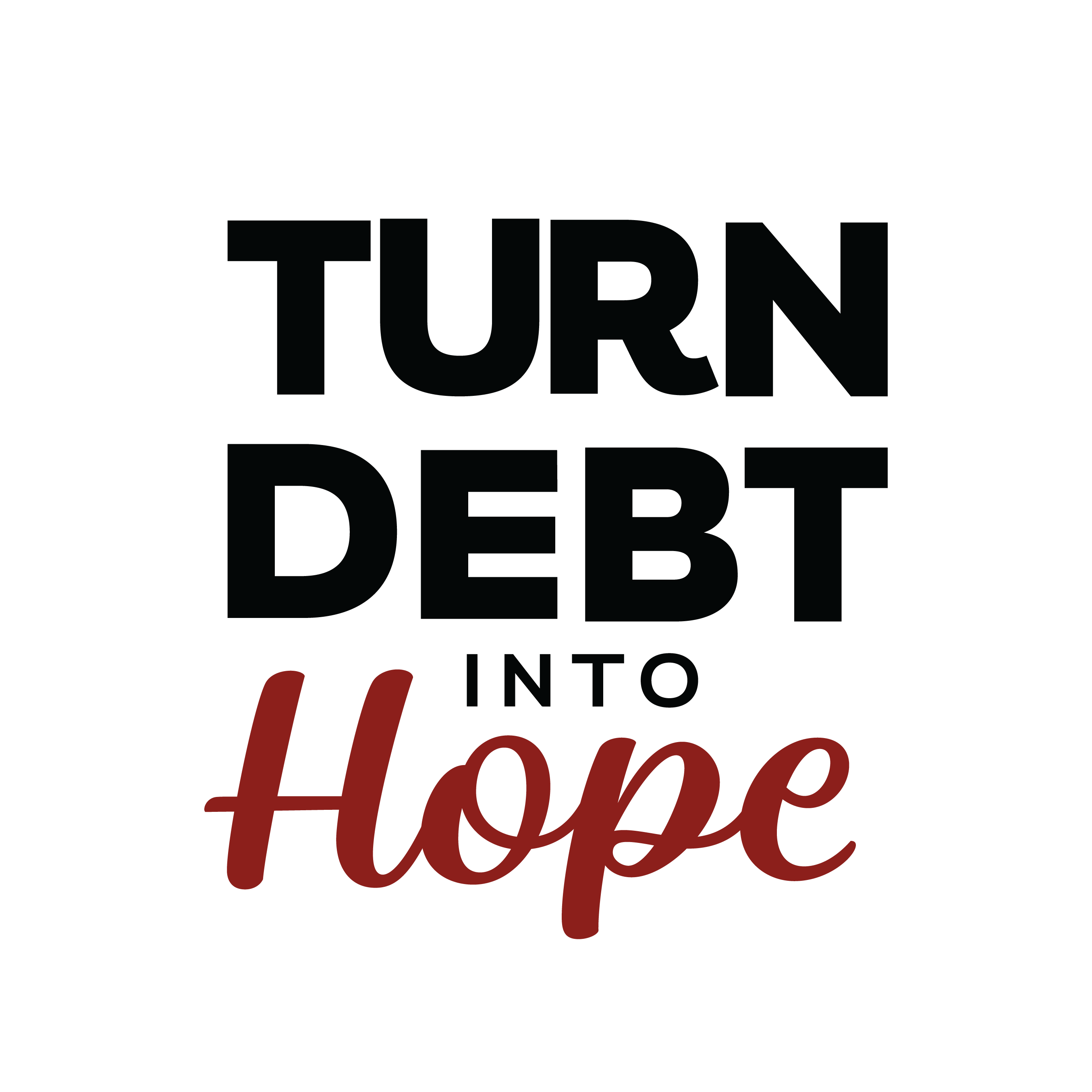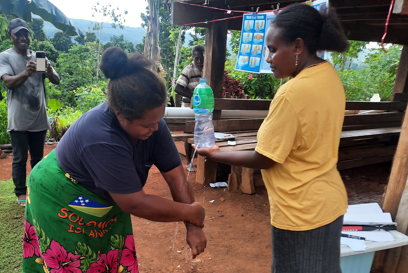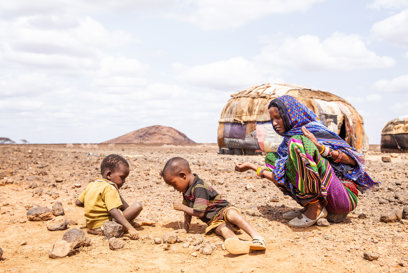
Ranger Sarah Barkley interviewing senior elder John Clark. Photo: Aboriginal Carbon Foundation.
A version of this article was originally published in Aurora Magazine and is reprinted with permission.
An increasing number of communities throughout Australia are set to reap the reward of a partnership that’s been struck between Caritas Australia and the Aboriginal Carbon Foundation.
The Aboriginal Carbon Foundation’s vision is to catalyse life-changing, community prosperity through carbon farming. It achieves this by supporting the ethical trade of carbon credits between communities, large corporations and government organisations across Australia that are seeking to be carbon neutral.
Over the past decade, growth in the carbon farming industry has seen a significant increase in carbon offset projects on offer. Through carbon farming, local communities carry out traditional fire and land management practices and earn an income by generating carbon credits.
One of the most common forms of carbon farming projects across northern Australia is the savanna burning method. This approach uses traditional burning practices, early in the dry season, to reduce the severity of bushfires and the large-scale emission of greenhouse gases generated by severe fires.
In 2019 the Aboriginal Carbon Foundation finalised a nationally accredited training course to enable Aboriginal carbon farmers to manage and lead their own carbon projects. This training course was developed to respond to the knowledge and build on the skills of Aboriginal rangers and supports them to verify the environmental, social and cultural benefits of carbon farming for a community.
Participants in the Foundation’s training courses have described dry burning as "cleaning the area, getting rid of the old stuff, so the new stuff can grow back, just like taking a broom and mop and sweeping the floor."
As a result of the dry burning, more wildlife returns, new green shoots, and different breeds of plants regenerate the whole area.
Chief Executive Officer of the Aboriginal Carbon Foundation, Rowan Foley explained the course enables local communities to own the whole process, from the beginning to end, and generate income for their specialised expertise and knowledge of the land.
One of the former participants in the program, Sarah Barkley, has seen the positive effects of the training course on her own life. Ms Barkley is a senior ranger with significant experience in land and sea management and education. She has deep knowledge of the land and describes it as "my fridge and freezer, we can live off of the land, and we've been doing that for years."
Ms Barkley worked with the Foundation to formalise her cultural knowledge on dry burning to enable her community to generate an income through carbon farming. She also trained to become a certified verifier, which means that she travels to other communities to assess and verify their carbon farming projects, helping them generate an income.
Through the training process, Ms Barkley's skills were strengthened, which led to her applying for and securing a senior role in her ranger team. In addition, she became a spokesperson on cultural burning, presenting at the Fire Forum in Darwin and joined an Australian Research Council project to be launched in Timor-Leste once overseas travel is possible again.

















